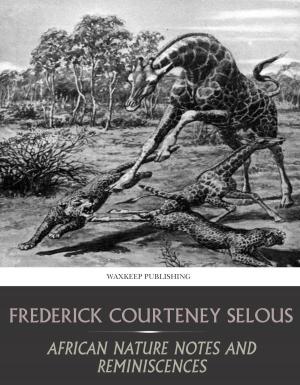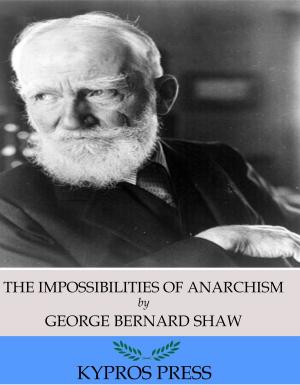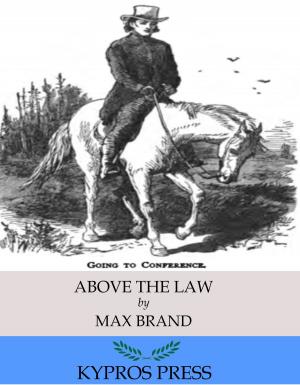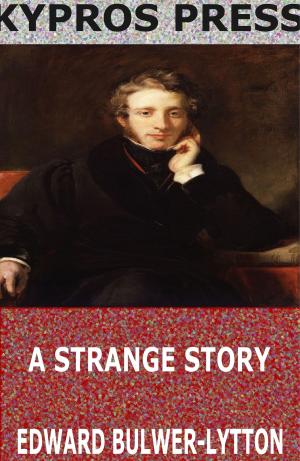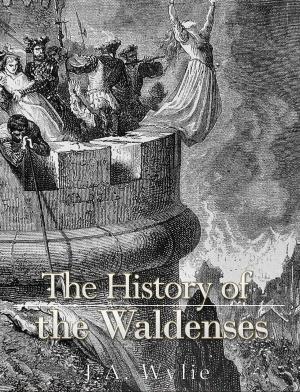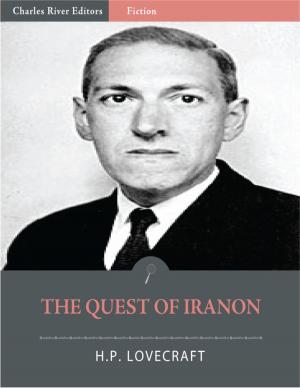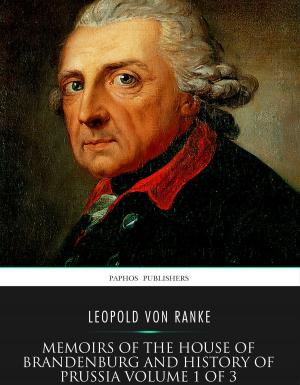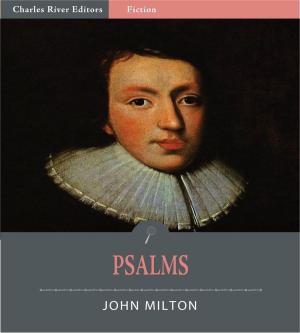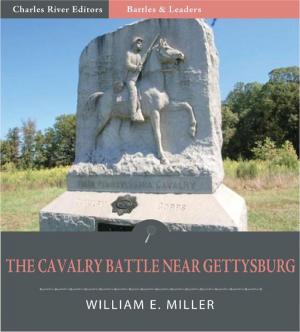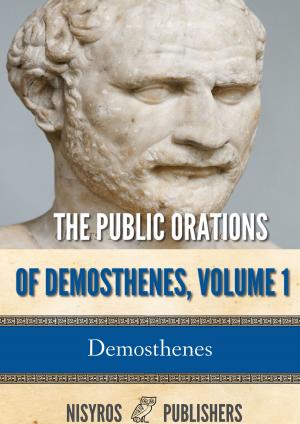The Scientific Basis of Imperialism
Nonfiction, History, Modern, 19th Century, Civilization, British| Author: | John A. Hobson | ISBN: | 9781619823907 |
| Publisher: | Charles River Editors | Publication: | February 3, 2012 |
| Imprint: | Language: | English |
| Author: | John A. Hobson |
| ISBN: | 9781619823907 |
| Publisher: | Charles River Editors |
| Publication: | February 3, 2012 |
| Imprint: | |
| Language: | English |
John Atkinson Hobson (6 July 1858 1 April 1940), commonly known as John A. Hobson or J. A. Hobson, was an English economist and critic of imperialism, widely popular as a lecturer and writer. During his coverage of the Second Boer War, Hobson began to form the idea that imperialism was the direct result of the expanding forces of modern capitalism. His publications in the next few years demonstrated an exploration of the links between imperialism and international conflict. These works included War in South Africa (1900) and Psychology of Jingoism (1901). In what is arguably his magnum opus, Imperialism (1902), he espoused the opinion that imperial expansion is driven by a search for new markets and investment opportunities overseas. Imperialism gained Hobson an international reputation, and influenced such notable thinkers as Lenin, Trotsky and Hannah Arendt's The Origins of Totalitarianism (1951). Hobson's opposition to the First World War led him to join the Union of Democratic Control. His advocacy for the formation of a world political body to prevent wars can be found clearly in his piece Towards International Government (1914). However, he was staunchly opposed to the League of Nations, and in the later years of his life, Hobson published his autobiography, Confessions of an Economic Heretic (1938), and expressed hope that the USA would join World War Two. Hobson died before the German air force attacked British skies. This edition of Hobsons short essay, The Scientific Basis of Imperialism, is specially formatted.
John Atkinson Hobson (6 July 1858 1 April 1940), commonly known as John A. Hobson or J. A. Hobson, was an English economist and critic of imperialism, widely popular as a lecturer and writer. During his coverage of the Second Boer War, Hobson began to form the idea that imperialism was the direct result of the expanding forces of modern capitalism. His publications in the next few years demonstrated an exploration of the links between imperialism and international conflict. These works included War in South Africa (1900) and Psychology of Jingoism (1901). In what is arguably his magnum opus, Imperialism (1902), he espoused the opinion that imperial expansion is driven by a search for new markets and investment opportunities overseas. Imperialism gained Hobson an international reputation, and influenced such notable thinkers as Lenin, Trotsky and Hannah Arendt's The Origins of Totalitarianism (1951). Hobson's opposition to the First World War led him to join the Union of Democratic Control. His advocacy for the formation of a world political body to prevent wars can be found clearly in his piece Towards International Government (1914). However, he was staunchly opposed to the League of Nations, and in the later years of his life, Hobson published his autobiography, Confessions of an Economic Heretic (1938), and expressed hope that the USA would join World War Two. Hobson died before the German air force attacked British skies. This edition of Hobsons short essay, The Scientific Basis of Imperialism, is specially formatted.

